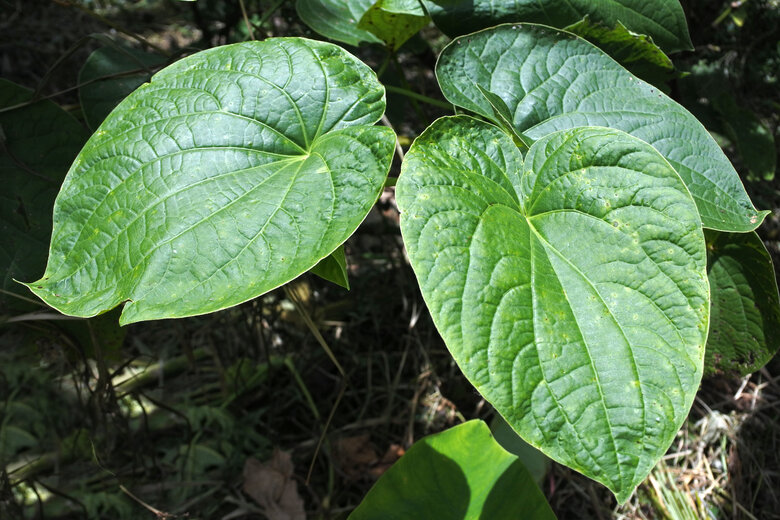
The federal government will provide $1.9 million over four years to increase consumer access to kava.
Kava, or Piper methysticum, is a Pacific Island crop that the Alcohol and Drug Foundation describes as a depressant drug which slows down the messages between the brain and the body.
It also plays an important cultural role in some Pacific nations where it is usually ground or chewed up and mixed with water or coconut milk.
The funding commitment is contained in the federal budget handed down on Tuesday night.
Boosting cultural and economic ties
The government launched a pilot program that eased restrictions on the commercial importation of kava to Australia for personal use in 2019.
The second stage of the pilot was due to begin at the end of this year but has been delayed by COVID and will now take place in 2021.
Scott Morrison announced the pilot from Port Vila, Vanuatu in January 2019, saying it was an expression of the government’s interest in developing trade in the region.
An Office of Drug Control consultation paper on allowing the commercial importation of kava released on March 23 says the pilot supports efforts to boost cultural and economic ties between Australia and Pacific Island nations.
The first stage of the pilot allowed the amount of kava that could be imported to personal to increase from two to four kilograms.
The second phase will allow the commercial imporation of unlimited amounts of kava into Australia for non-medicinal purposes.
Preventive health measure
The budget papers list the funding as a preventive health measure under DFAT and make a $1.9 million commitment to continuing the pilot.
“This second stage of the pilot will establish a commercial importation scheme, support further consultation and evaluation to ensure that arrangements for the importation of kava provide appropriate safeguards for community health, while recognising the cultural importance of kava to Pacific Islander communities,” papers say.
Kava is widely available in New Zealand and the US, although some Indigenous leaders have warned about the impact of its use in Northern Territory communities.
Comment below to have your say on this story.
If you have a news story or tip-off, get in touch at editorial@governmentnews.com.au.
Sign up to the Government News newsletter
Most read
Scathing report finds little has changed at PwC
Qld council welcomes progress on massive battery system
Inquiry to consider how federal govt can address councils’ sustainability issues
‘Local’ procurement turns out not to be so local, committee hears
Another report finds local government falling down on cyber security